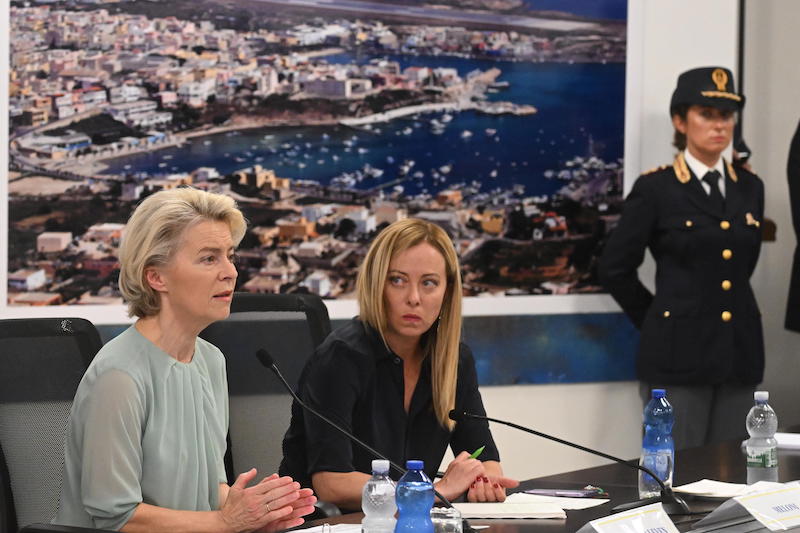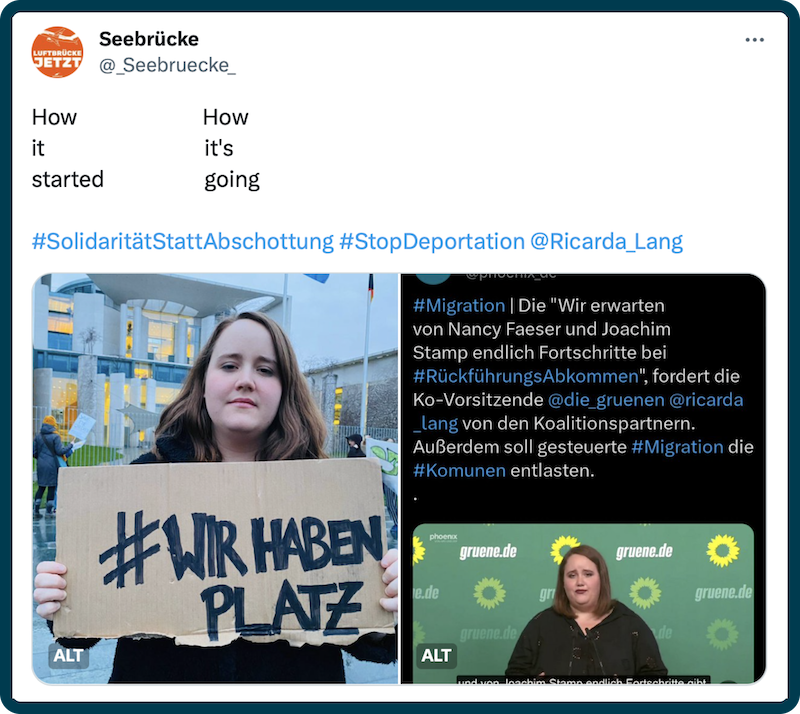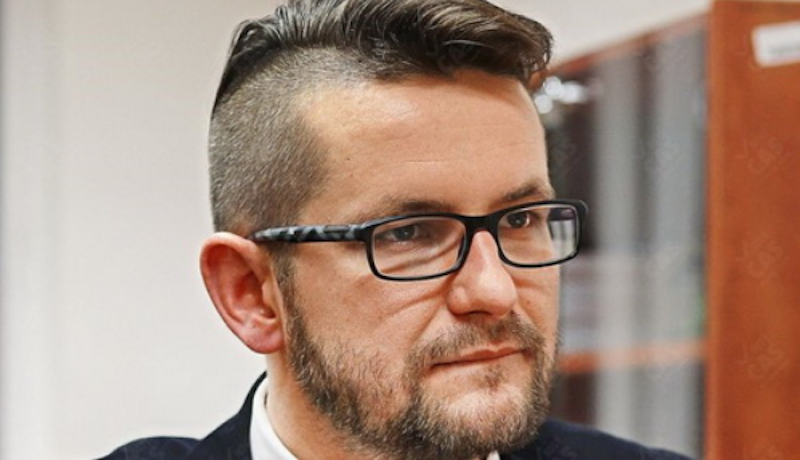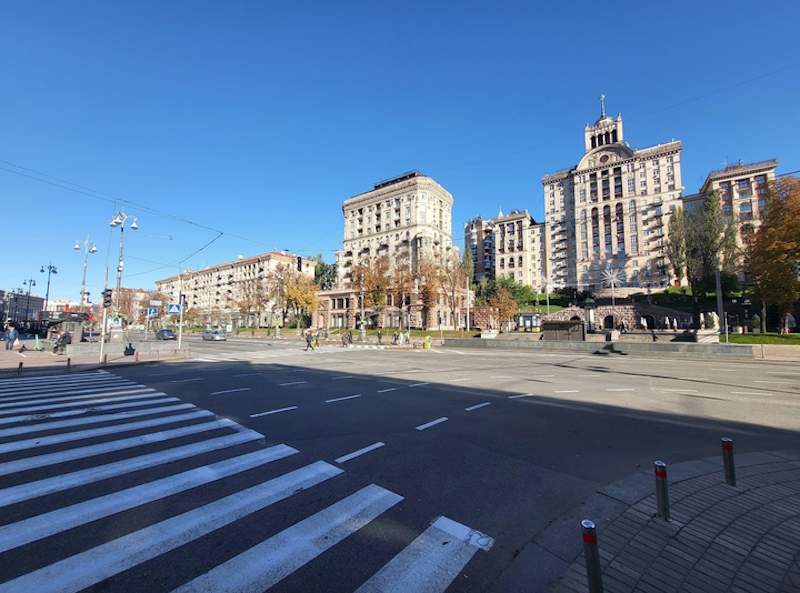One of the Italian prime minister Giorgia Meloni’s preferred catchphrases is about her “reshaping” Europe’s approach to migration. She has also appeared several times together with Ursula von der Leyen, the President of the EU Commission, and has demonstrated her actions on the issue.
At that time in mid-August, when most Italians were on holiday, data from the Ministry of the Interior revealed the bluff: in 2023, migrant landings have more than doubled compared to the previous year. From 1 January to 31 July 2023, more than 90,000 migrants arrived. During the same period in 2022, when Meloni was not governing, the figure was close to 41,000. The flows from Tunisia almost tripled compared to the year before.
Let’s look again at the image of Giorgia Meloni alongside Ursula von der Leyen and Tunisian autocrat Kais Saied. The Italian premier seemed triumphant: she acted as if, with the EU-Tunisia memorandum, the ‘migrant issue’ would melt away. The President of the European Commission even declared, during the State of the Union in mid-September, that she would sign similar agreements with other countries. Meloni and von der Leyen appeared more united than ever.
And they were, but again this was a bluff. To date, the only point on which Giorgia Meloni is really influencing the whole of the European Union is the definitive abandonment of the principle of solidarity. Until a few years ago, the debate between European governments was about the relocation of migrants in the EU. Italy was very interested in this issue – but now, with aggressive right-wingers sharing power in Italy, the premier has said that she has given up discussing it. She will only discuss strict borders.
While the citizens of Lampedusa are confronted with increasing landings, the first problematic border is in Meloni’s propaganda, between facts and the narrative.






